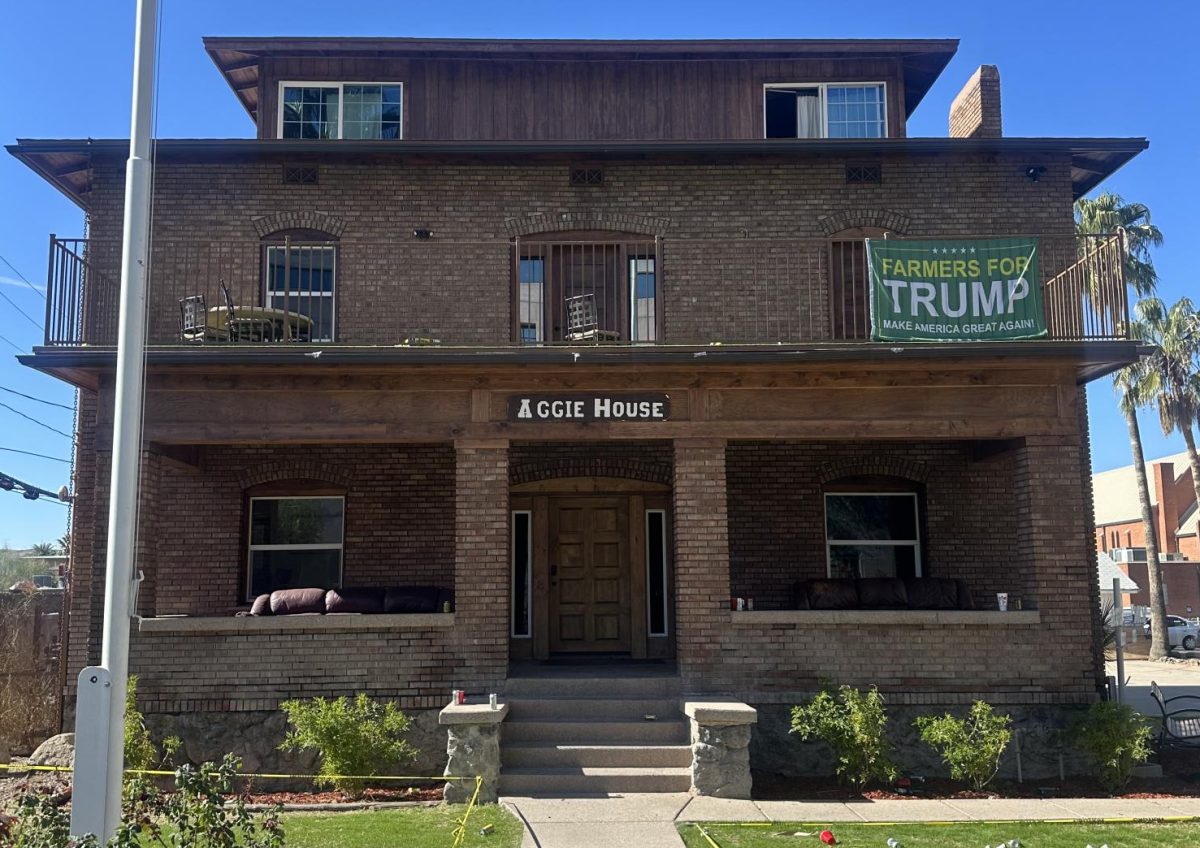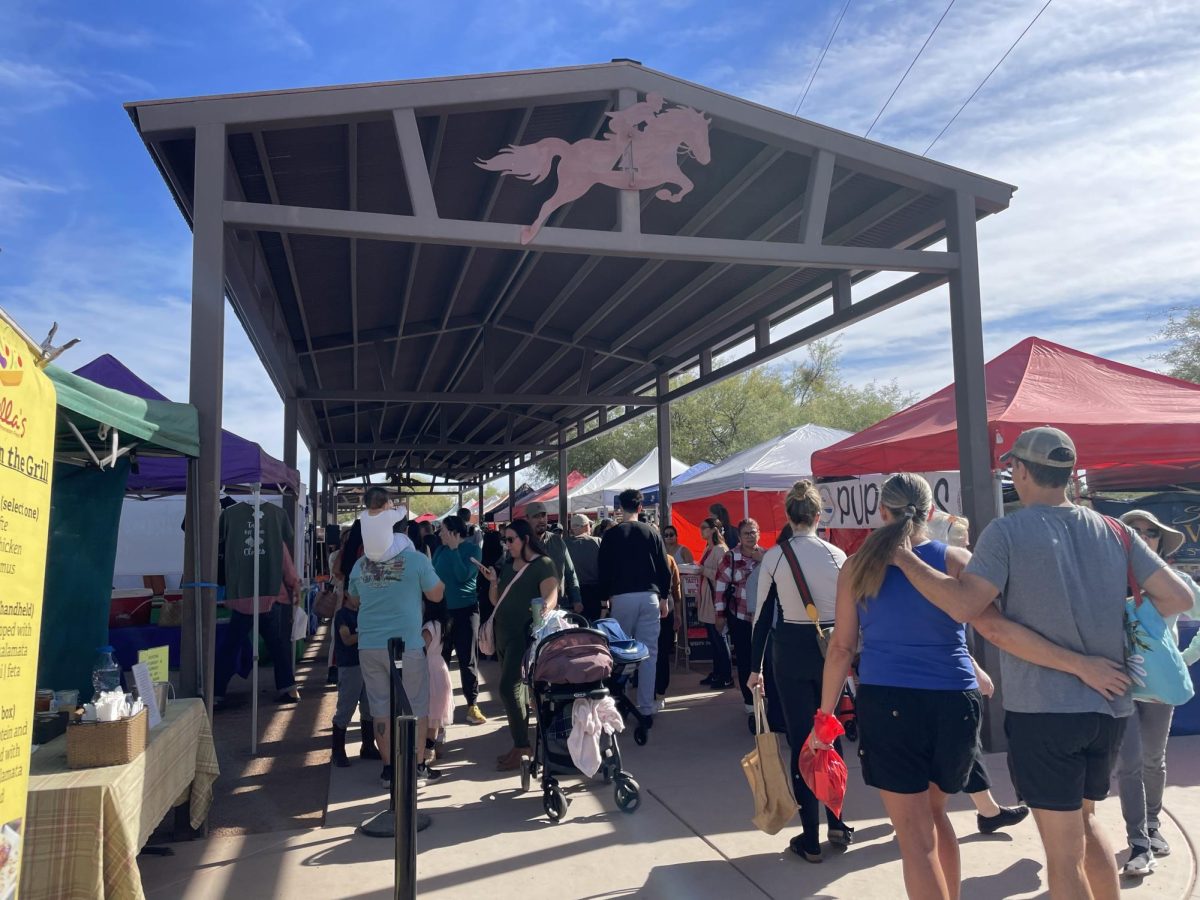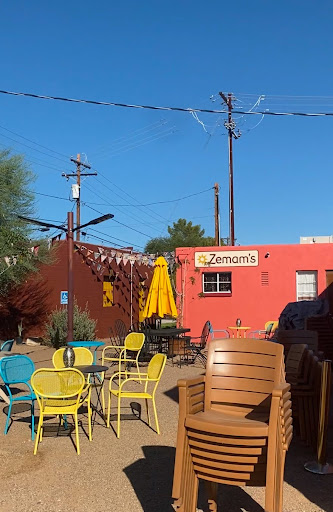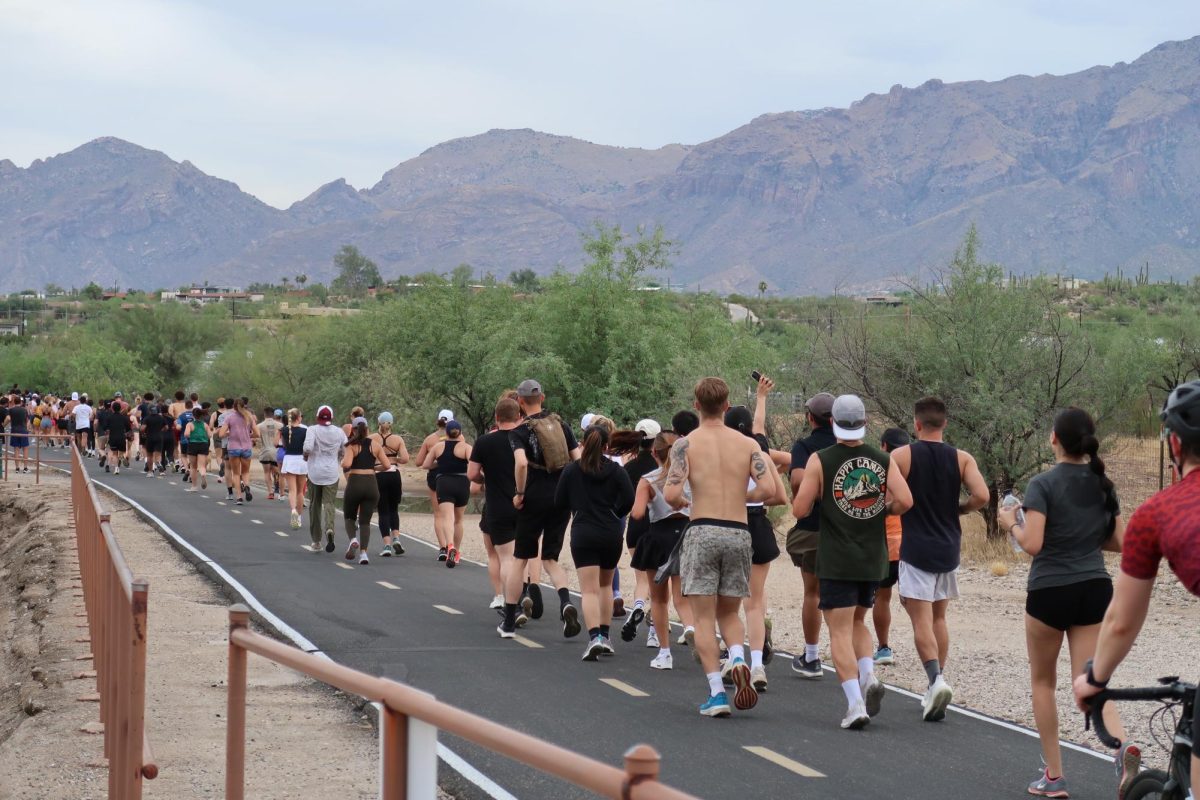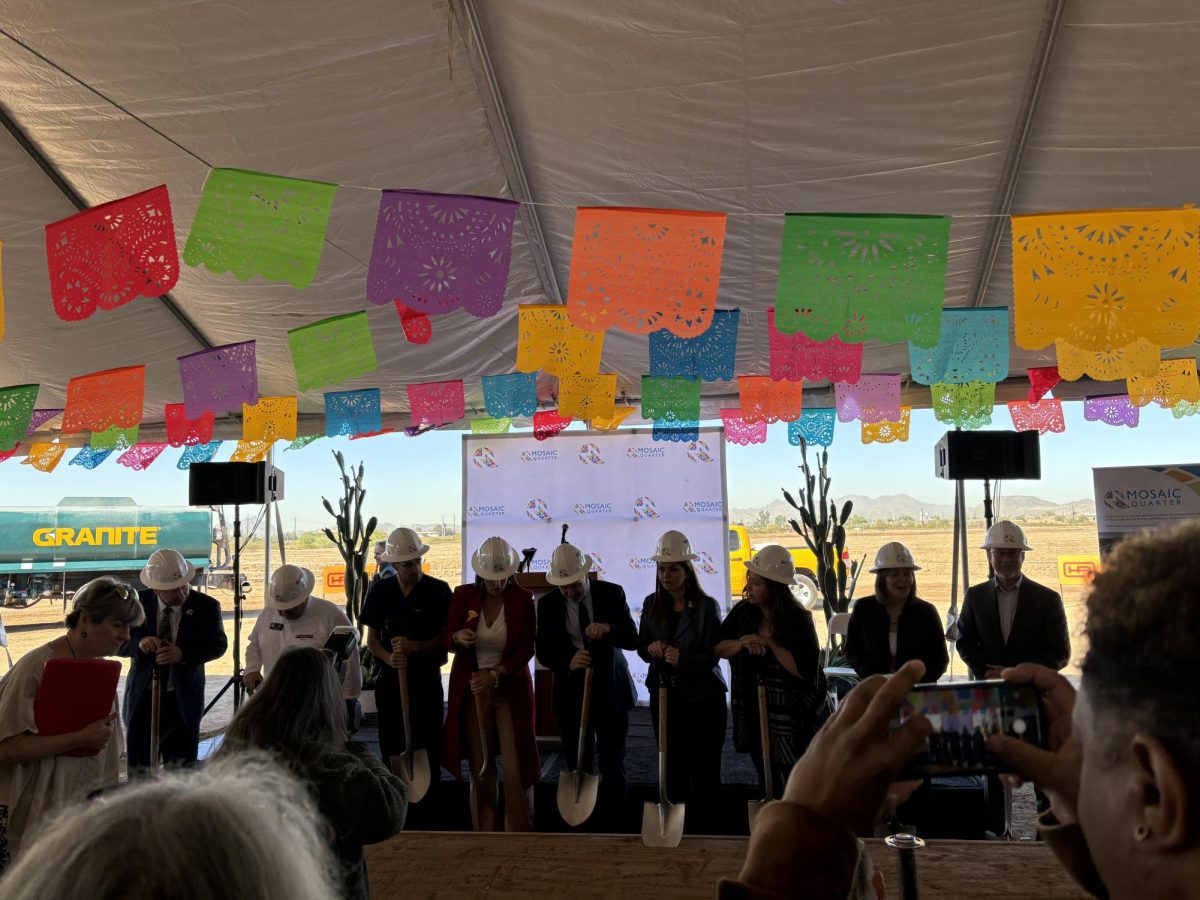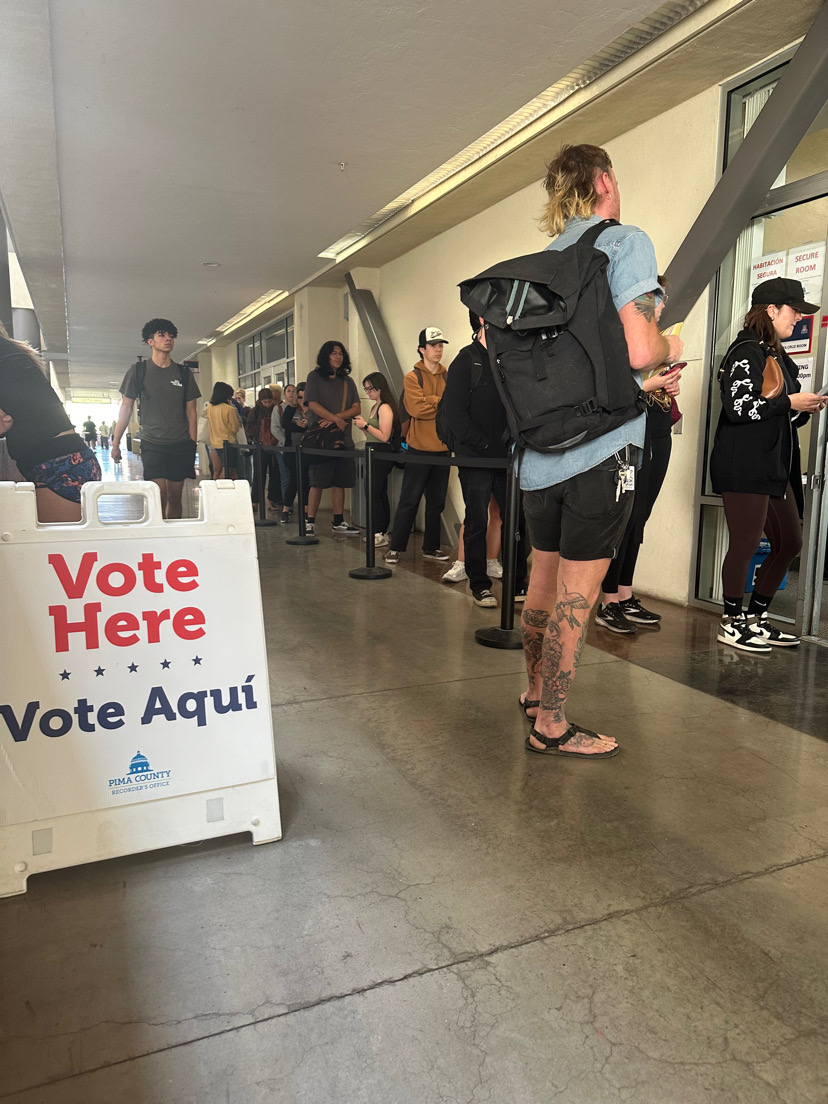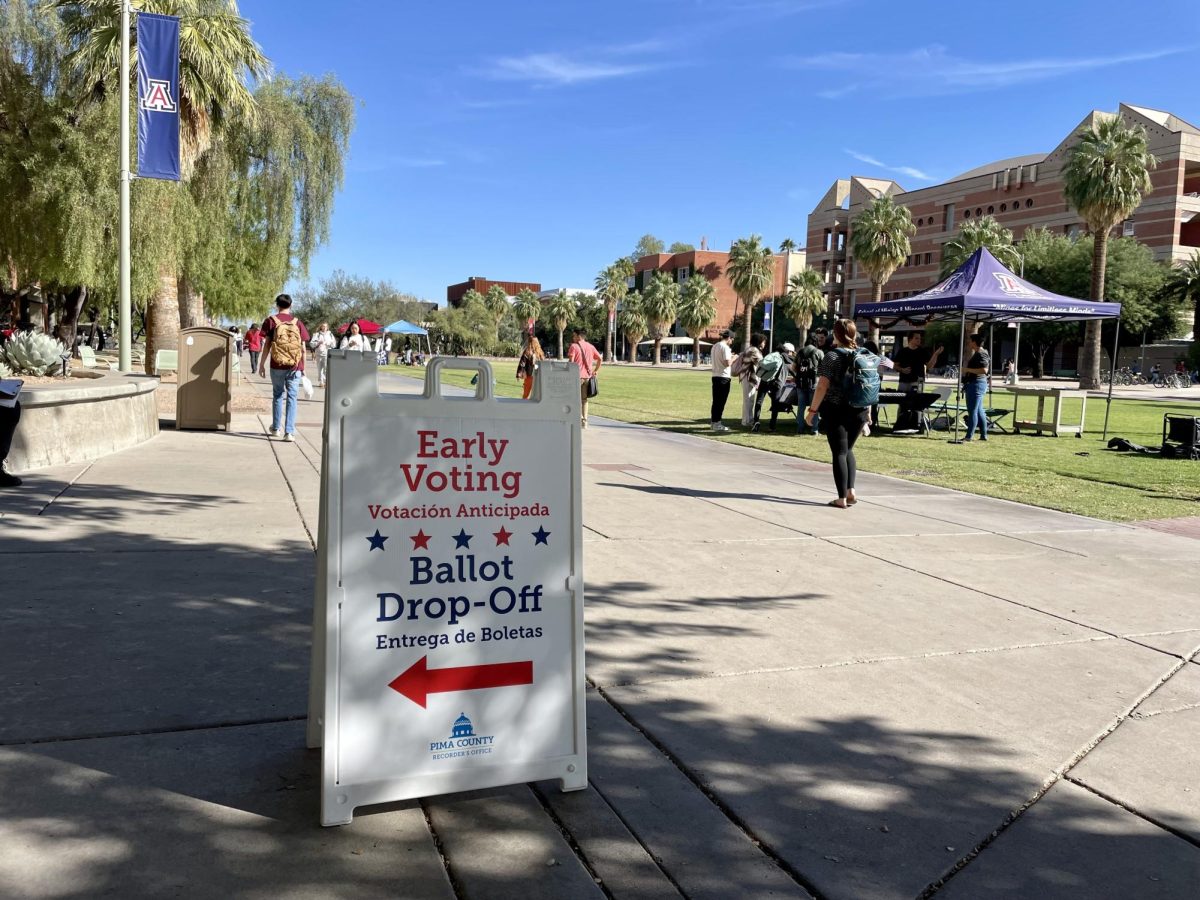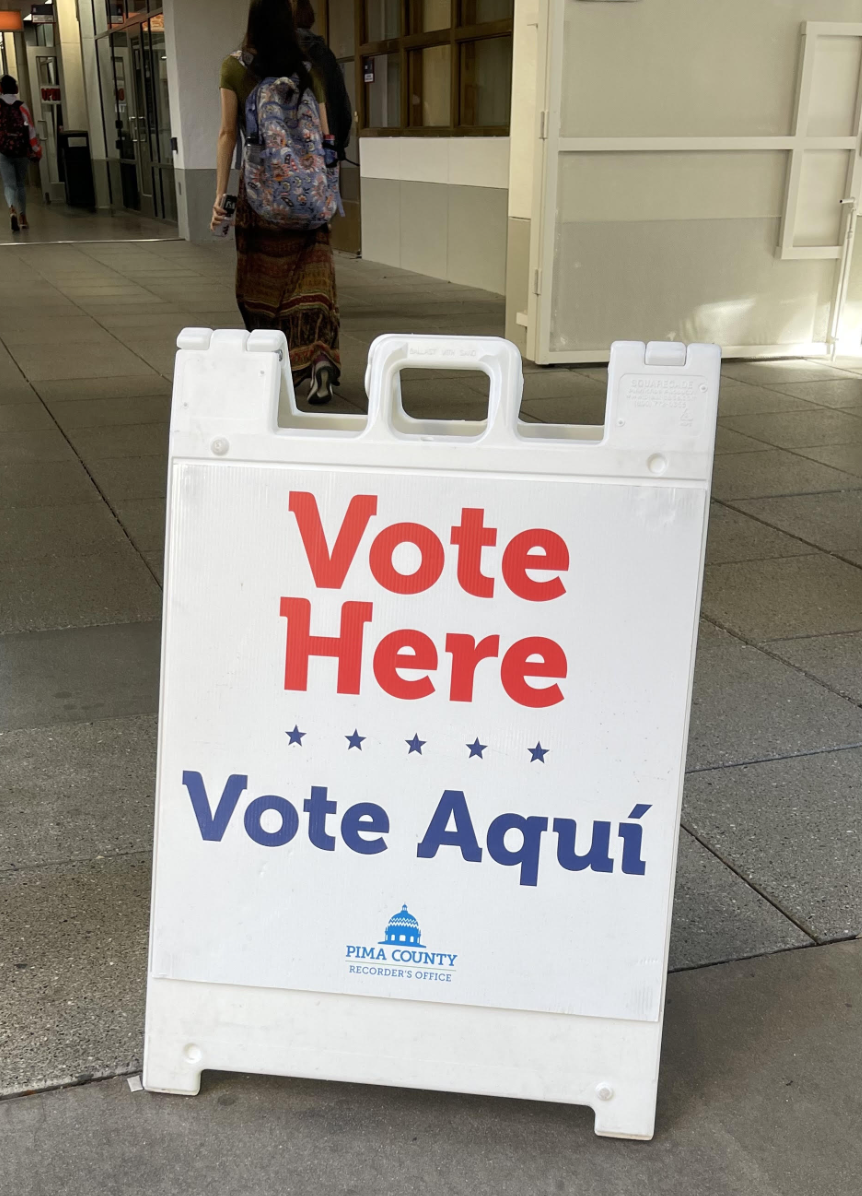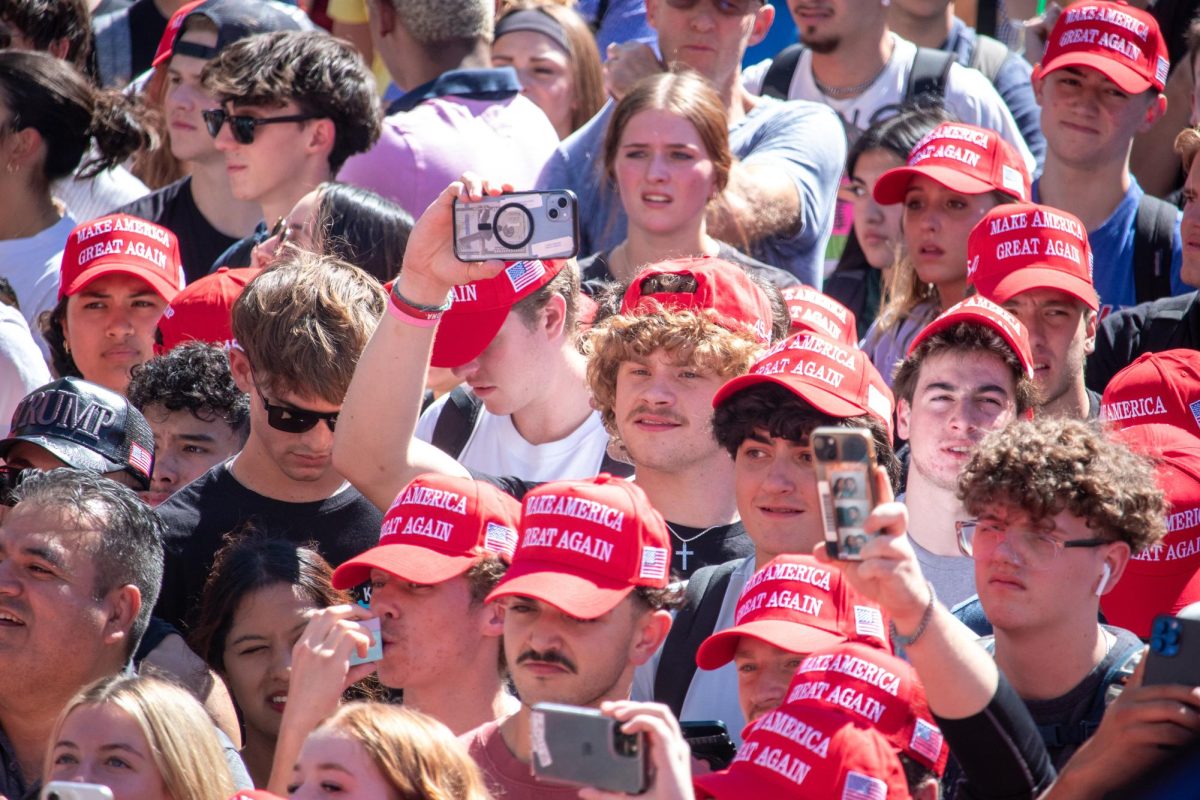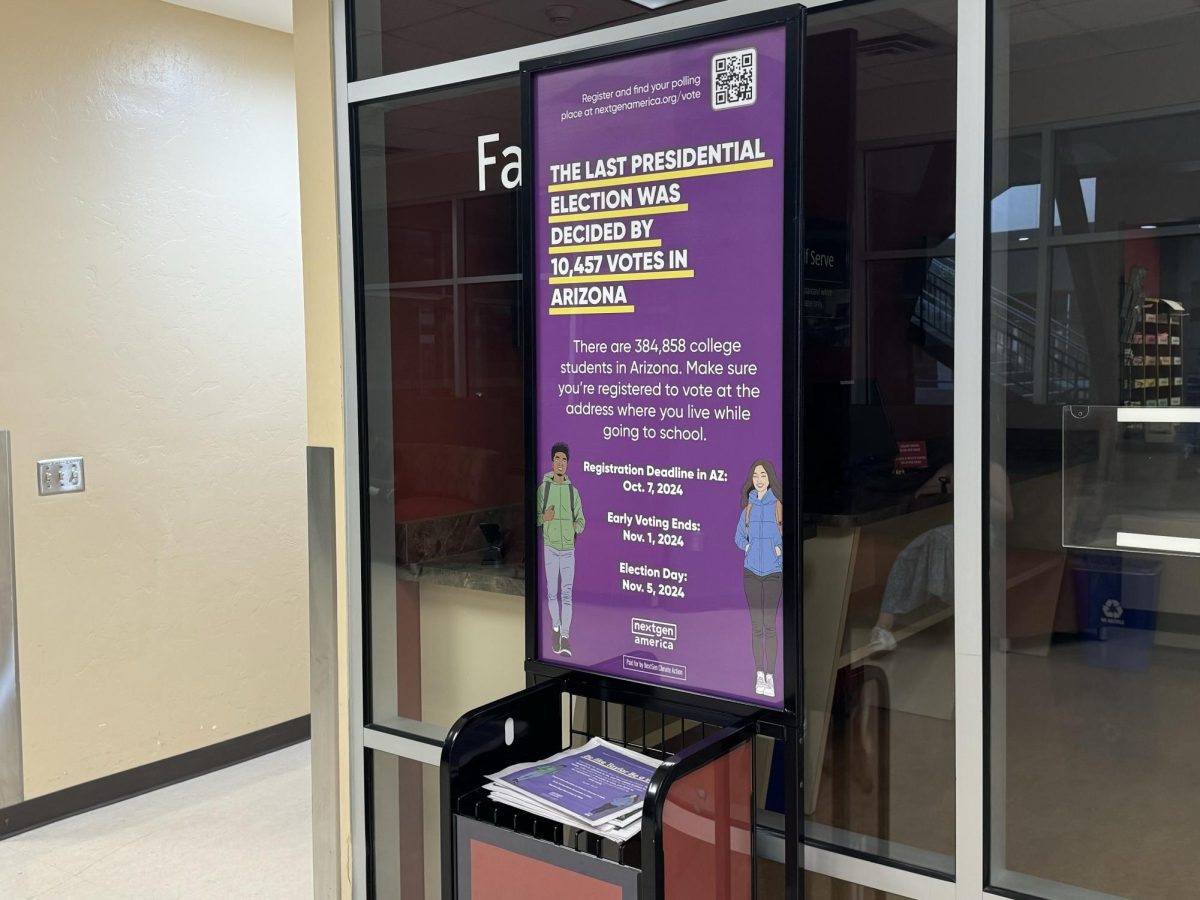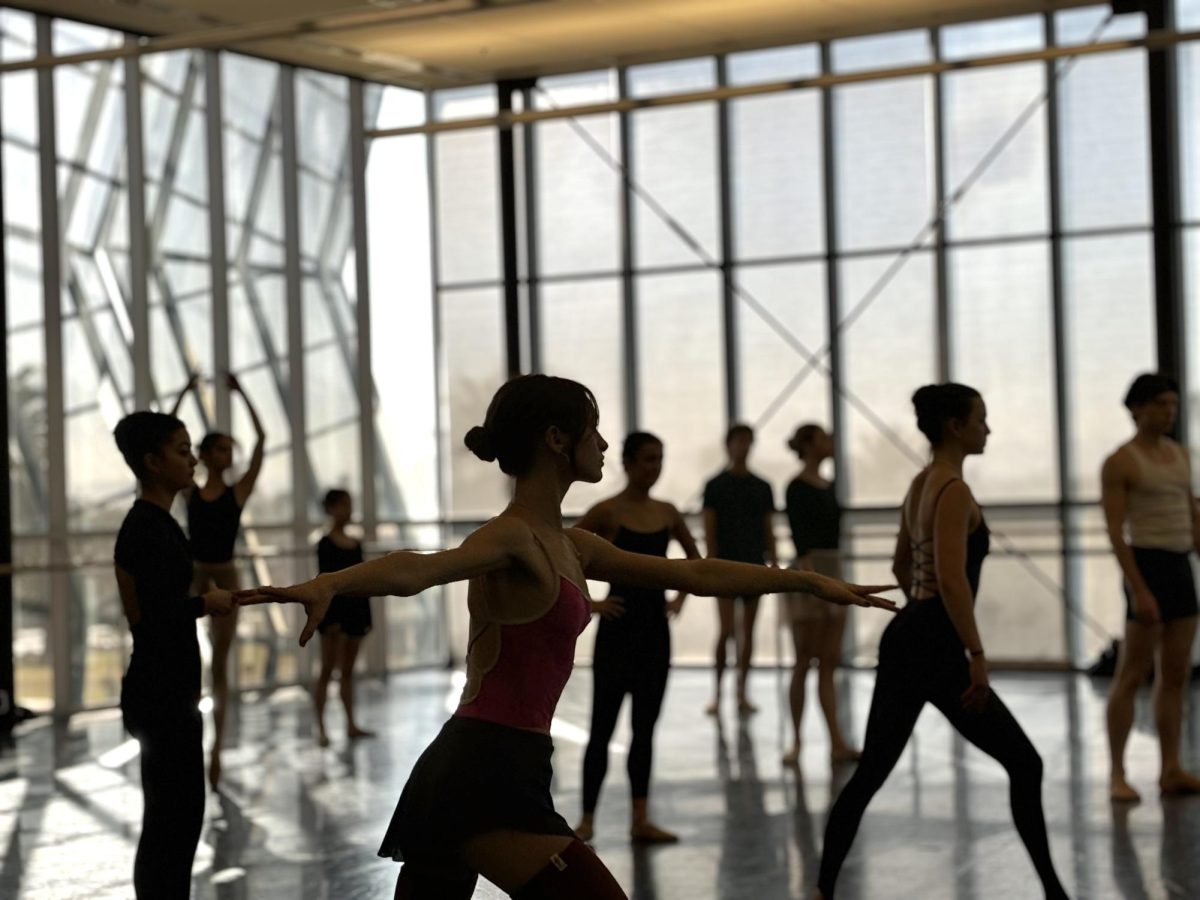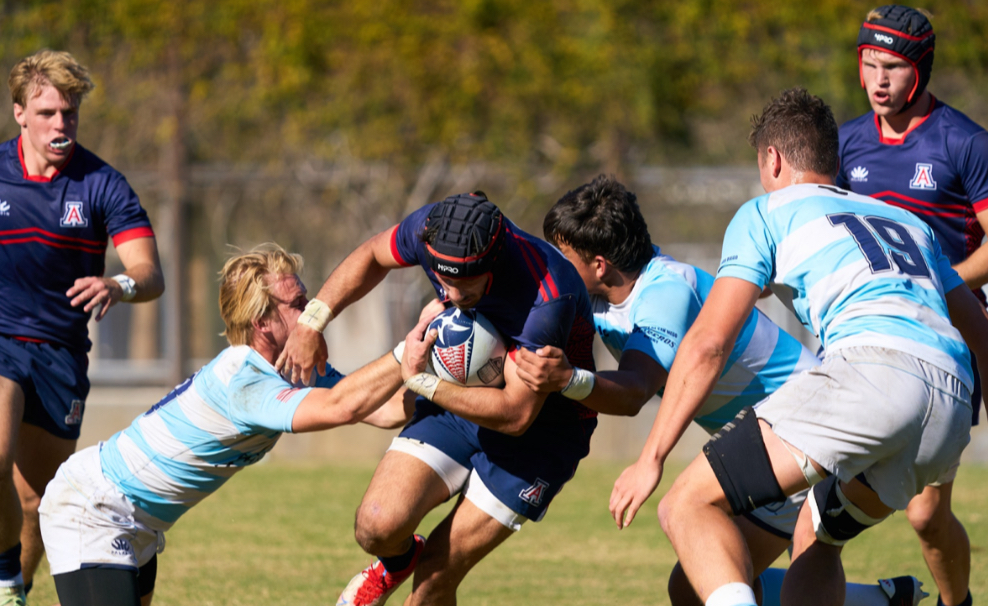President-elect Donald Trump can thank Jaxson Zeichick and his fellow Theta Delta Chi fraternity brothers at the University of Arizona for his landslide victory Nov. 5.
In fact, he can credit college-aged men and fraternities nationwide.
Polls showed that nationwide, young men nationwide like Zeichick voted overwhelmingly for Trump as he sought to return to the White House for a second term. The former president’s campaign specifically targeted young males in what political experts dubbed the “bro movement.”
According to NBC News, Trump received more votes from men and women under the age of 30 than any other Republican who has run for president since 2008.
In 2020, President Joe Biden won that segment by 11 points, but Trump flipped the demographic, eclipsing Harris by two points among young male voters.
The disparity was wider – 56 percent to 40 percent – when it came to young men without college degrees.
Trump’s campaign united young men around the issue of perceived cultural censorship from the left.
At the University of Arizona, fraternities played a solid role in getting support.
Zeichick, an intern with the Trump campaign, said “the main goal of the Trump campaign was to get more Republicans out to vote.”
“We handed out hats that said ‘Fraternities for Trump’ here at the University of Arizona,” he said.
UA Greek life showed up for Trump, flying campaign flags including the one in front of the Sigma Chi had house days for leading up to the Nov. 5 election.
Zeickhick said that the economy and the hatred for so-called “woke culture” also were driving issues for the young men who voted for Trump. This focus on anti-woke culture exemplifies the success of Trump’s bro movement
“Young men were tired of censorship and of woke culture,” Zeichick said.
Jake Baer of the Zeta Beta Tau fraternity, who also is part of the Interfraternity Council, said family also played a part in this year’s election.
Baer added that most of the political decision-making for young voters stemmed from their upbringing or a deliberate rejection of it. He said that within the Greek community at the University of Arizona, while most students have had their values instilled in them since their childhood, there was a shared respect of hearing and listening to friends’ different opinions.
“I don’t think either option on the ballot felt ideal to many people,” Baer said. “Even so, it seemed like everyone still respected each other’s views.”
Some political experts believe that right-wing podcasts with massive social media influencers significantly moved the needle for young men. Trump went on Joe Rogan and the Nelk Boys podcasts to speak directly to millions of their followers, who are predominantly young men. Rogan’s podcast has roughly 14.5 million viewers, 81 percent of them males between 18-34.
Overall, youth voters aged 18-29 voted in favor of Kamala Harris by six points, a substantial decrease from Biden’s 25-point margin in 2020. This large and unprecedented decline also revealed a divide between genders. While young women voted for Harris by 18 points, young men favored Trump by 14, according to Center for Information and Research on Civic Learning and Engagement data.
Trump’s ability to depict himself as a “countercultural” figure seems to be key to young male voters.
“Young people tend to favor political personalities perceived as edgy, rebellious and countercultural,” USA Today reported.
In 2024, that political personality was Donald Trump.
Arizona Sonoran News is a news service of the University of Arizona School of Journalism.



